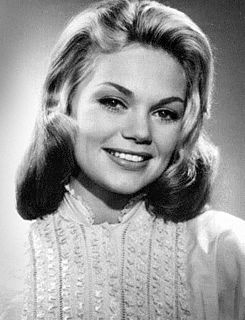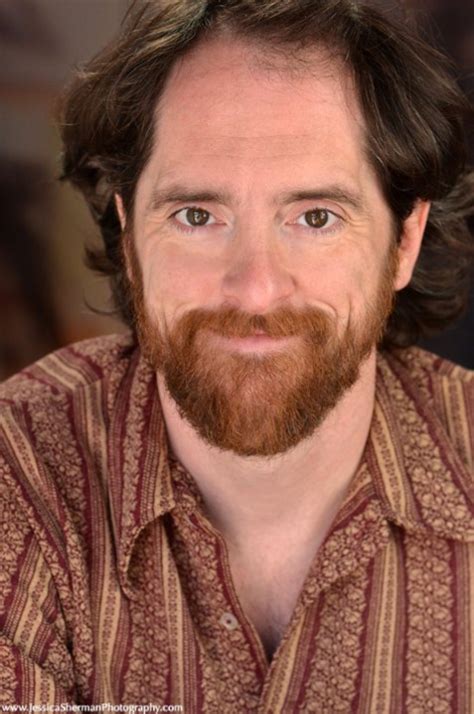A Quote by Dyan Cannon
Shakespeare said, nothing is either good nor bad but thinking makes it so.
Related Quotes
I think the greatest truths, the ones that you find in every culture that has any sort of history of reflection of writing, the greatest truth is that there's nothing good or bad, but thinking makes it so. That's the way Shakespeare put it. But you get basically the same idea from Buddha, from the Bhagavad Gita in India, and from the Stoics in ancient Greece and Rome.
Christians have no business thinking that the good life consists mainly in not doing bad things. We have no business thinking that to do evil in this world you have to be a Bengal tiger, when, in fact, it is enough to be a tame tabby—a nice person but not a good one. In short, Pentecost makes it clear that nothing is so fatal to Christianity as indifference.
The terms good and bad indicate no positive quality in things regarded in themselves, but are merely modes of thinking or notions, which we form from the comparison of things one with another. Thus one and the same thing can be at the same time good, bad, and indifferent. For instance, music is good for him that is melancholy, bad for him that mourns; for him that is deaf; it is neither good nor bad.
Be a balanced optimist. Nobody is suggesting that you become an oblivious Pollyanna, pretending that nothing bad can or ever will happen. Doing so can lead to poor decisions and invites people to take advantage of you. Instead, be a rational optimist who takes the good with the bad, in hopes of the good ultimately outweighing the bad, and with the understanding that being pessimistic about everything accomplishes nothing. Prepare for the worst but hope for the best - the former makes you sensible, and the latter makes you an optimist.
I think American actors are much more intimidated by Shakespeare. I actually want to do this Shakespeare play in New York, but I think it's interesting that there's this gaping hole in the repertoire in the American theater, which is Shakespeare. It's hardly ever done, compared to how often it's done in other companies, not just Britain. Someone from the Roundabout Theater Company - I said, "You never do Shakespeare." And he said, "Yes, we're not very good at it." And I thought, "What a terrible thing to say.".
There's two kinds of thinking. There is conjunctive thinking and there's disjunctive thinking. Disjunctive thinking says it has to be either/or. Now clearly, there are some either/or's - I either trust Christ or I don't. I'm either pregnant or I'm not. But a lot of thinking in Scripture, when it comes to theology is, in my opinion, conjunctive thinking. It's both/and. I believe that and I believe that.



































